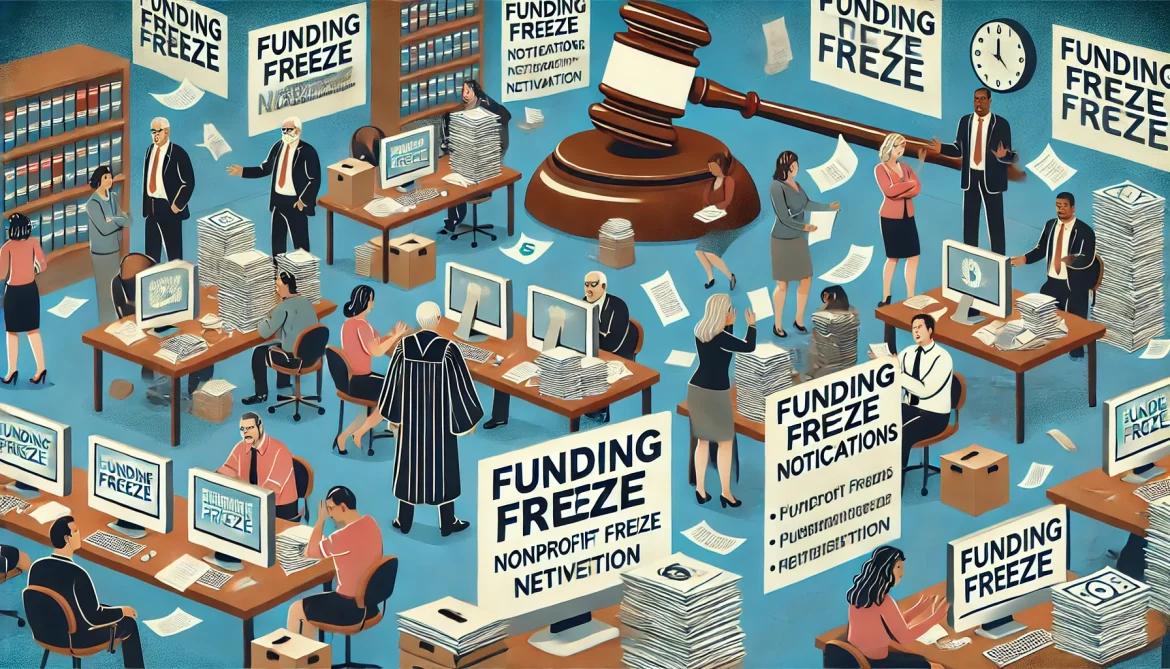In a significant legal development, U.S. District Judge Loren AliKhan has issued a temporary restraining order halting President Donald Trump’s directive to pause federal grants, loans, and financial assistance programs. This decision comes in response to immediate legal challenges and widespread confusion among nonprofits, government agencies, and beneficiaries who rely on federal support.
The freeze, announced by the Office of Management and Budget (OMB) under Acting Director Matthew Vaeth, aimed to suspend disbursement of federal funds to review their alignment with the administration’s priorities, including reducing inflation and eliminating certain programs. While the OMB stated that direct assistance programs like Social Security and Medicare would remain unaffected, ambiguity in the directive led to concerns about the potential impact on essential services such as Medicaid, educational initiatives, and infrastructure projects.
Nonprofit organizations, particularly those providing critical services, expressed alarm over the potential disruption of funding. Scott McAninch, representing The Nonprofit Council, which supports over 250 nonprofits, highlighted the confusion and concern caused by the abrupt announcement. Many organizations faced uncertainty regarding their operational budgets and the continuity of services to vulnerable populations.
The legal challenge, spearheaded by advocacy groups including the National Council of Nonprofits and the American Public Health Association, argued that the funding freeze violated constitutional provisions and would have devastating effects on essential programs. Judge AliKhan’s temporary restraining order maintains the status quo, allowing federal funds to continue flowing until a scheduled hearing on February 3, 2025, where further arguments will be presented.
The Trump administration defends the pause as a necessary measure to ensure federal spending aligns with executive priorities and to conduct a thorough review of existing programs. However, critics, including several Democratic state attorneys general, contend that the move oversteps executive authority and undermines programs that support millions of Americans.
As the situation develops, nonprofits and government agencies remain in a state of uncertainty, awaiting further legal proceedings and seeking clarity on the future of federal funding. The outcome of this legal battle holds significant implications for the administration’s fiscal policies and the operations of numerous programs nationwide.



